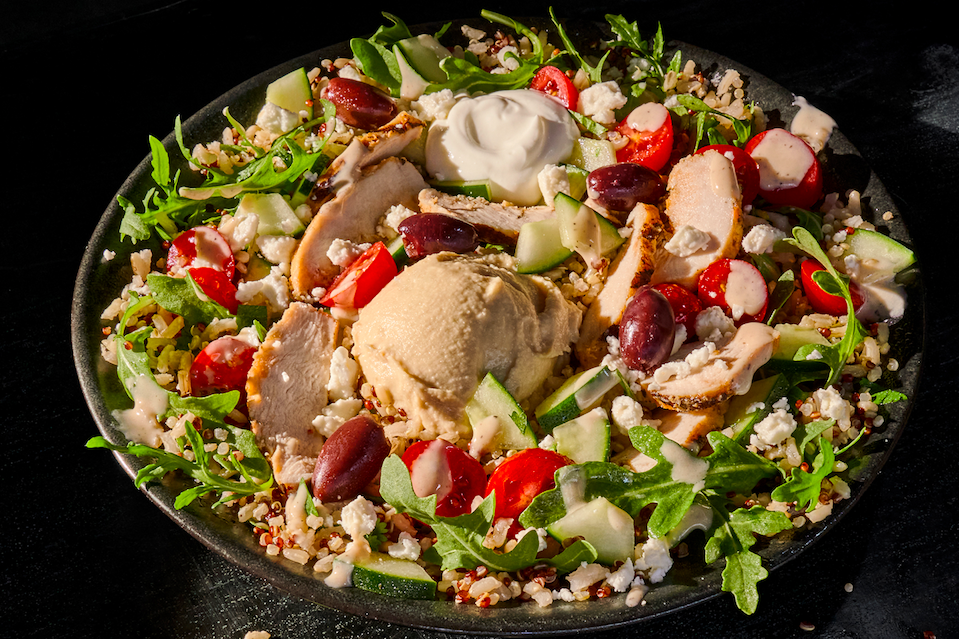
According to a recent Pew Research study, 60 percent of Americans say they have experienced affects from climate change within their communities, but many of them also don’t know the next steps can they take. Could climate-friendly food labels help?
With estimates often suggesting that 25 to 30 percent of all global greenhouse gases emissions are tied to food production, there’s a case to be made that choosing the best possible foods can not only be better for your health, but also the health of the planet.
To that end, Panera Bread announced that it is the first U.S. restaurant chain to introduce labels on some menu items to let customers know which have a relatively low impact on the climate.
The company said it worked with the NGO World Resources Institute (WRI) to come up with the so-called climate-friendly Cool Food Meals. About half of the company’s menu meets WRI’s standards for these food labels, including a chicken avocado melt, a vegetable soup, a chicken apple salad and the chain’s famous broccoli cheddar soup.
WRI says people would need to eat a diet that has a carbon footprint almost 40 percent lower than the average current diet to give the world a chance of achieving key climate action goals by 2030.
Such a shift in eating habits, however, doesn’t necessarily mean people need to pivot to an exclusively vegetarian or vegan diet. While Panera says its climate-friendly meals tend to have plenty of legumes, grains and produce, many also have small portions of animal-based proteins like dairy, eggs and poultry.
“The science is clear that we’re not going to be able to address climate change without changing what we eat. But that doesn’t mean that eating for the planet has to be boring,” said Daniel Vennard, director of sustainable diets at the World Resources Institute.
Food labels have had a rocky journey here in the U.S. While the proliferation of various environmentally- and people-friendly food labels have arguably helped some consumers make better food choices, there is also the case to be made that they sow confusion for others. Many food companies and retailers have made the necessary moves to streamline their food labels, but the data still suggests many Americans keep wasting food — and their money.
But if imitation is the sincerest form of flattery, Panera’s dive into food labels could push this conversation forward, not muddle it. There’s growing evidence that more Americans see climate change as a huge threat. And if they feel what goes into their pantries and refrigerators can make a difference, food labels similar to the ones Panera has launched could become the norm in a few years.
Image credit: Panera

Leon Kaye has written for 3p since 2010 and become executive editor in 2018. His previous work includes writing for the Guardian as well as other online and print publications. In addition, he's worked in sales executive roles within technology and financial research companies, as well as for a public relations firm, for which he consulted with one of the globe’s leading sustainability initiatives. Currently living in Central California, he’s traveled to 70-plus countries and has lived and worked in South Korea, the United Arab Emirates and Uruguay.
Leon’s an alum of Fresno State, the University of Maryland, Baltimore County and the University of Southern California's Marshall Business School. He enjoys traveling abroad as well as exploring California’s Central Coast and the Sierra Nevadas.














